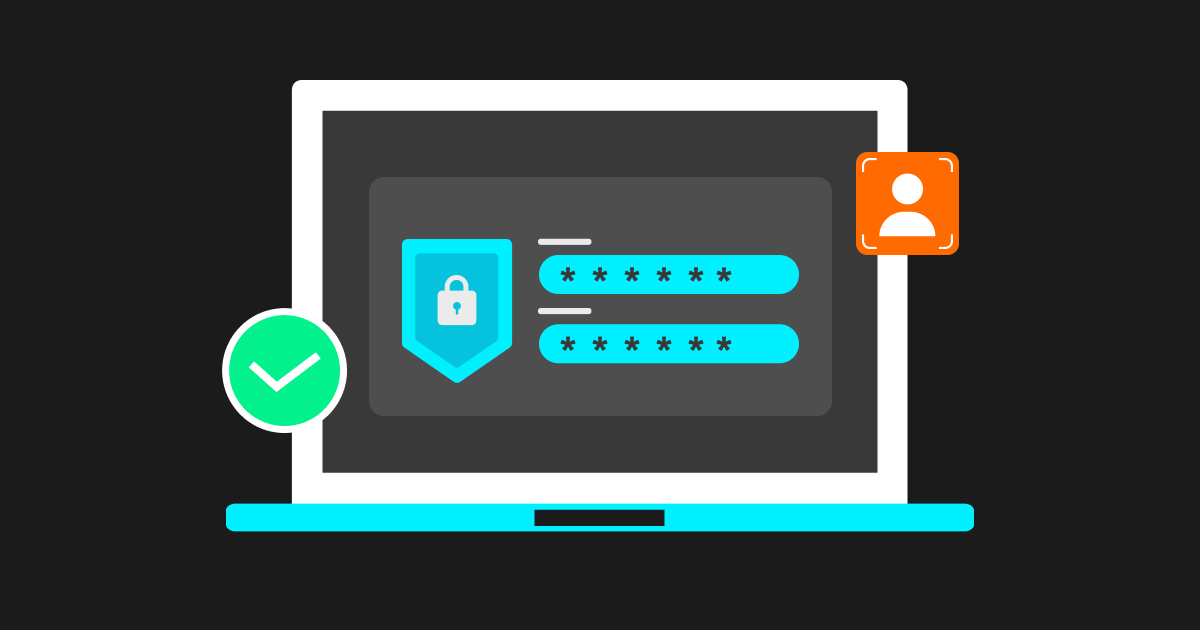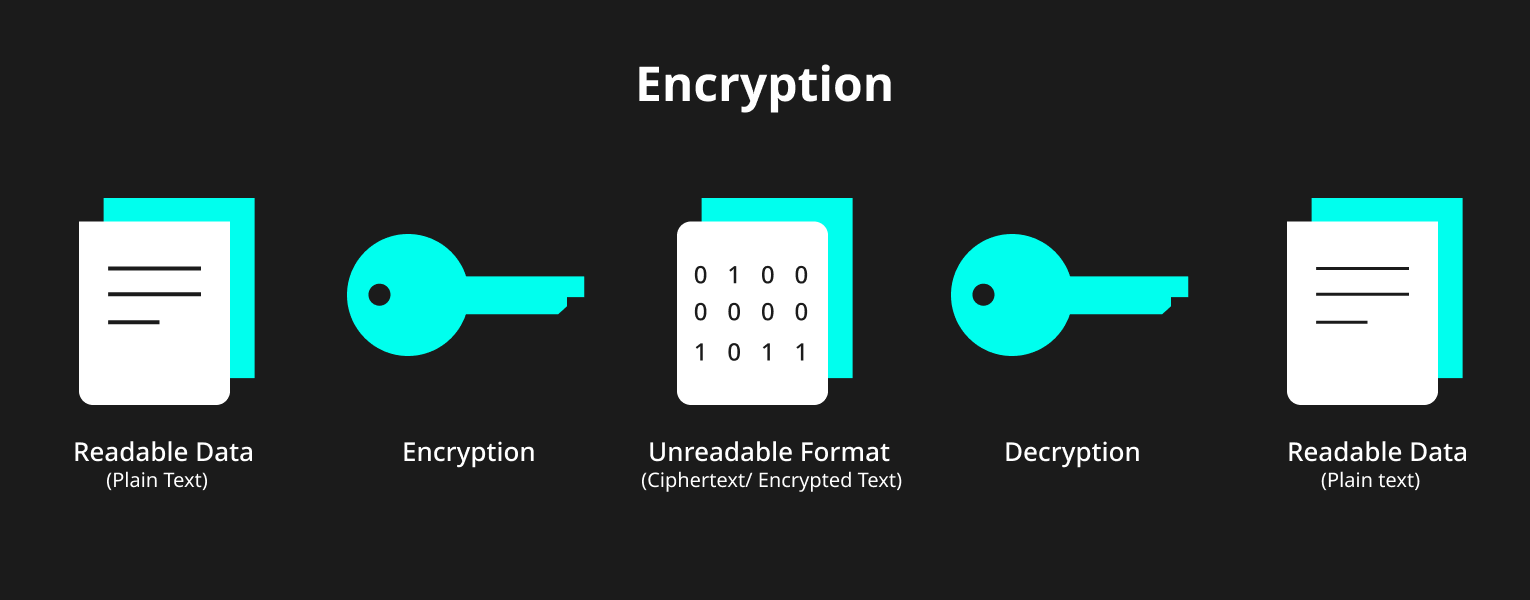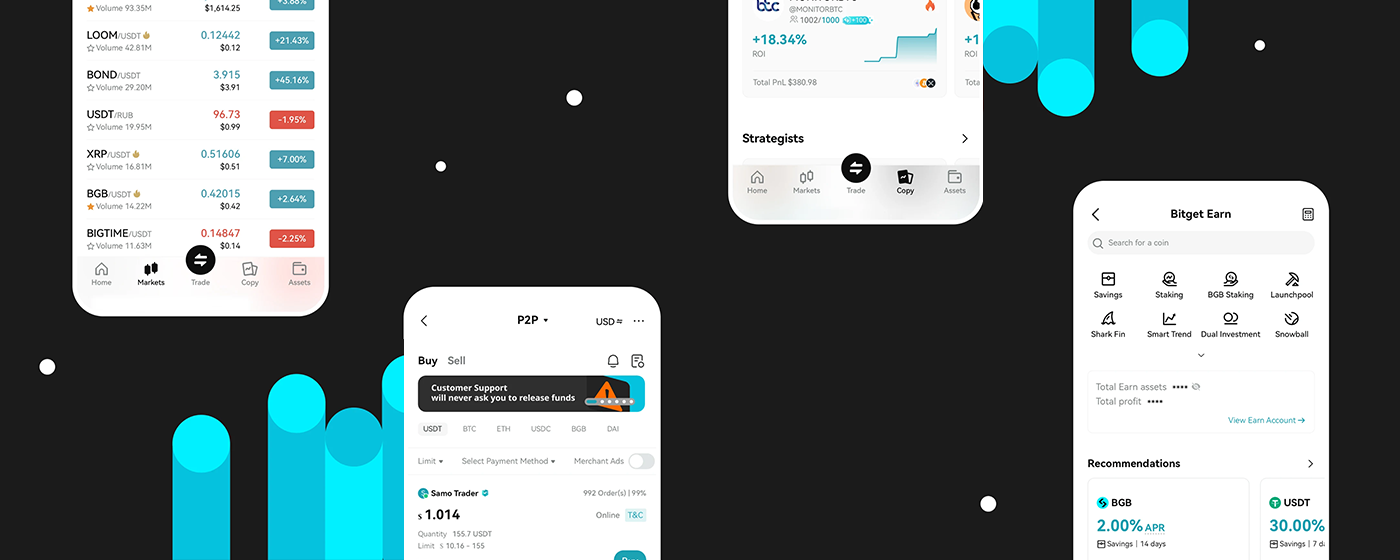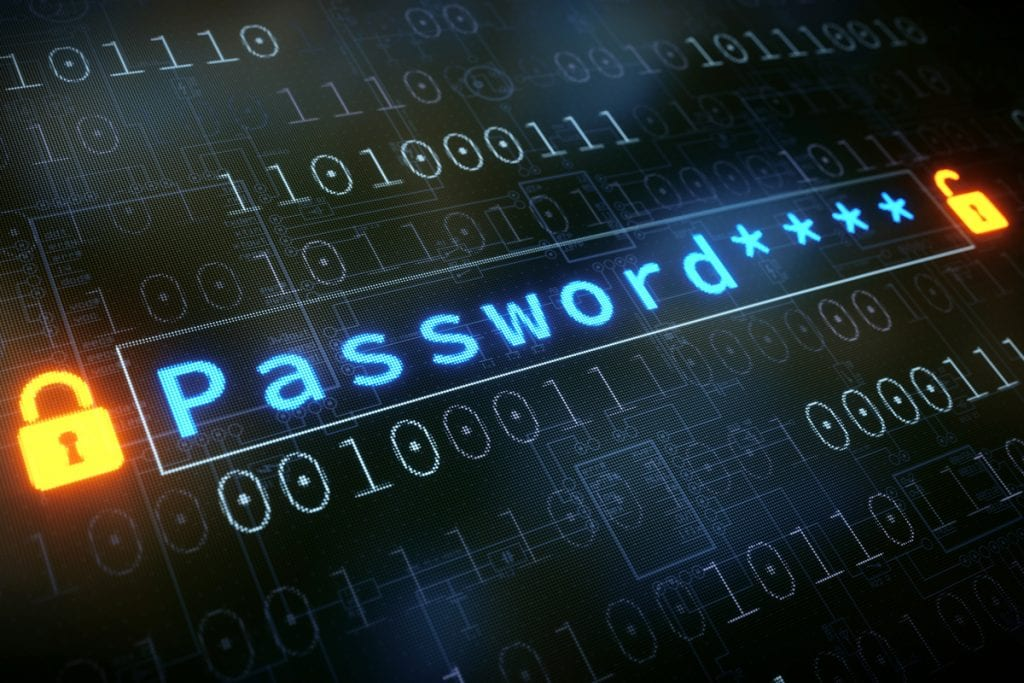
In the fast-paced world of cryptocurrency, security is more than just a precaution; it’s an essential part of a trader’s daily operations. The digital assets traded on platforms like Bitget are valuable and highly targeted by cybercriminals. As the value of cryptocurrencies continues to rise, so does the risk of potential attacks. In this article, we will delve into the significance of Bitget data encryption, the features it provides, and why it is the ultimate tool for cryptocurrency traders in 2025.
What is Bitget Data Encryption?
Bitget data encryption is a sophisticated system designed to safeguard the information and assets of users. By leveraging advanced cryptographic techniques, it ensures that all sensitive data—such as transaction details, private keys, and user credentials—are protected from unauthorized access. Bitget, one of the leading global cryptocurrency exchanges, employs these encryption measures across its entire platform, from the trading interface to the Bitget Wallet, ensuring comprehensive security for traders.
At its core, data encryption transforms readable data (plaintext) into an unreadable format (ciphertext) using complex algorithms. Only authorized users with the corresponding decryption key can restore the data to its original form. This encryption method is essential for preventing hackers from intercepting and stealing users’ data during transactions or while stored in wallets.

Why is Data Encryption Crucial for Cryptocurrency Traders?
Cryptocurrency trading has become a lucrative endeavor, attracting millions of users globally. According to Statista, the total market capitalization of cryptocurrencies reached over $2.8 trillion in 2021 and continues to grow, with Bitcoin accounting for more than 40% of the market share.
However, this surge in value has also brought an increase in cyber threats, making Bitget data encryption more critical than ever. As the value of cryptocurrencies rises, so does the need to protect sensitive information and digital assets from potential cyber-attacks, making Bitget data encryption a key solution for traders seeking to secure their investments.
In the world of cryptocurrency, data encryption is essential for the following reasons:
- Preventing Unauthorized Access: Bitget data encryption ensures that sensitive data, such as private keys and wallet information, is converted into an unreadable form. This means that even if a hacker gains access to a network, they cannot easily read or use the stolen data. By utilizing Bitget data encryption, users can rest assured that their assets remain safe from unauthorized parties who might otherwise exploit vulnerabilities.
- Securing Transactions: Every cryptocurrency transaction involves transferring data, such as the amount, sender, and recipient. Encrypting this data ensures that hackers cannot alter or intercept transaction details without detection. With Bitget data encryption, each transaction is secured with advanced encryption protocols, preventing any tampering and maintaining the integrity of the entire process.
- Protection of Personal and Financial Information: Given the decentralized nature of cryptocurrency, there is no central authority or intermediary to guarantee the safety of users’ data. Bitget data encryption protocols prevent third parties from gaining access to traders’ personal information, financial data, and trading strategies. By encrypting sensitive user data, Bitget ensures that only authorized parties can access and manage critical information.
- Mitigating the Risk of Theft: Cryptocurrency theft is on the rise, and in 2021 alone, cryptocurrency thefts amounted to more than $14 billion globally. By securing your data through Bitget data encryption, Bitget provides an added layer of protection against such theft. This encryption minimizes the risks of hacking and ensures that even if an attacker attempts to access the data, it will remain unreadable and inaccessible.
How Bitget Data Encryption Works
Bitget employs state-of-the-art encryption techniques to protect both user data and digital assets. Here’s how the Bitget data encryption system works:
- Encryption of User Data: From the moment you sign up on the platform, all your details are encrypted using AES-256 (Advanced Encryption Standard). This is one of the most secure encryption algorithms available, providing robust protection against cyber threats.
- Private Key Encryption: The private keys of cryptocurrency wallets are also encrypted. Bitget uses RSA (Rivest-Shamir-Adleman) encryption to ensure that only the wallet holder can access and manage their funds. Even if a hacker were to gain access to the platform’s servers, the private keys remain secure and unreadable without the decryption key.
- End-to-end Encryption for Transactions: Every trade or transaction on Bitget is protected by end-to-end encryption. This means that from the moment the transaction is initiated until it is completed, all information is encrypted, preventing third-party interference.
- Two-Factor Authentication (2FA): Bitget further enhances security by requiring users to enable two-factor authentication (2FA) for logging in and conducting sensitive operations. This ensures that even if a hacker compromises your login credentials, they cannot access your account without the second factor.
- Data Storage Encryption: All data stored within Bitget’s servers is encrypted, ensuring that no unauthorized personnel can access users’ information at any point. Additionally, the platform regularly audits and updates its security protocols to keep up with the latest threats.

The Importance of Bitget Data Encryption in 2025
As we move into 2025, the cryptocurrency industry continues to evolve rapidly. The rise of decentralized finance (DeFi), non-fungible tokens (NFTs), and other blockchain-based innovations introduces new opportunities and challenges for traders. With these advancements, however, comes an increase in cyber threats.
According to Cybersecurity Ventures, cybercrime is expected to cost the world $10.5 trillion annually by 2025. Cryptocurrency exchanges, in particular, are prime targets for hackers. The high volume of transactions, combined with the anonymity of digital currencies, makes exchanges an attractive target for cybercriminals.
Bitget recognizes these risks and has invested heavily in its encryption technology to protect its users. By utilizing the best encryption practices, Bitget ensures that its platform remains a safe space for traders to exchange assets without the constant fear of cyber-attacks.
Key Features of Bitget Data Encryption
- Multi-Layered Security: Bitget does not rely on a single security protocol to protect its users. Instead, it employs a multi-layered approach, combining AES-256 encryption, RSA encryption, and SSL (Secure Socket Layer) encryption to ensure maximum security for all transactions and data exchanges.
- Real-Time Monitoring: Bitget employs real-time monitoring of its system to detect any unauthorized access or suspicious activities. This system is constantly analyzing data to ensure that any breach is identified and addressed immediately.
- Cold and Hot Wallet Security: Bitget uses both cold and hot wallets to store its users’ cryptocurrencies. Cold wallets are offline and provide a high level of protection against hacking, while hot wallets are used for immediate trading purposes. Both are encrypted to prevent unauthorized access.
- Encrypted Communication Channels: In addition to encrypting data at rest, Bitget ensures that communication between users and the platform is fully encrypted using SSL certificates. This prevents hackers from intercepting sensitive communication between the user and the exchange.
- Decentralized Finance Integration: Bitget also integrates its encryption protocols with decentralized finance (DeFi) platforms to ensure that any funds traded or staked through these platforms remain secure.

Bitget Wallet: A Key Component of Data Encryption
The Bitget Wallet plays a pivotal role in the overall security architecture of the platform. As one of the most widely used features of Bitget, the wallet is designed with user security in mind, employing industry-leading encryption methods to protect your assets. The wallet supports multiple cryptocurrencies, making it an excellent tool for managing diverse portfolios.
- Bitget Wallet Extension: The Bitget Wallet extension for web browsers ensures that your funds are always just a click away. It integrates seamlessly with Bitget’s encryption protocols, giving you access to a secure platform wherever you are.
- Bitget Wallet Login: Logging into your Bitget Wallet requires two-factor authentication (2FA), providing an additional layer of security before accessing your funds.
- Bitget Wallet Download: Users can easily download the Bitget Wallet app on their mobile devices, ensuring that they can securely manage their crypto assets on the go. The app offers end-to-end encryption, safeguarding all communications and transactions.
- Bitget Wallet Address: Your Bitget Wallet address is encrypted to prevent hackers from accessing or altering it. The platform ensures that all wallet addresses are kept confidential, providing a secure environment for digital asset management.
How to Maximize Your Security with Bitget Data Encryption in 2025
To make the most of Bitget’s robust data encryption, here are a few best practices that every trader should follow:
- Enable Two-Factor Authentication (2FA): Always enable 2FA on your Bitget account to add an additional layer of security. This ensures that even if someone gains access to your password, they cannot log into your account without the second verification step.
- Use Strong Passwords: Avoid using simple passwords. Make sure your password is long, complex, and unique to ensure the security of your account.
- Regularly Monitor Your Account: Keep an eye on your account activity and report any suspicious behavior to Bitget’s customer support team immediately. Bitget provides real-time alerts and notifications, allowing you to stay informed of any changes.
- Cold Storage for Long-Term Holdings: If you have long-term holdings, consider transferring them to cold storage wallets. These wallets are not connected to the internet, making them much less vulnerable to attacks.
- Update Your Security Settings Regularly: Always ensure that your encryption settings are up to date. Bitget regularly updates its security protocols to stay ahead of potential threats.

Conclusion
In the fast-evolving world of cryptocurrency trading, security is no longer optional. With the rising number of cyber threats and the increasing value of digital assets, traders must take proactive steps to protect their funds. Bitget data encryption technology provides the ultimate solution for safeguarding sensitive information and ensuring that traders can trade with confidence in 2025. By employing cutting-edge encryption protocols, Bitget ensures that your data remains secure, your transactions are tamper-proof, and your digital assets are safe from malicious actors.
If you’re a cryptocurrency trader looking for a platform that prioritizes your security, Bitget is the solution you need. With AES-256 encryption, RSA encryption, and SSL certificates, along with features like two-factor authentication and cold storage wallets, Bitget sets the standard for security in the cryptocurrency industry. Start using Bitget data encryption today and take control of your cryptocurrency security like never before.























